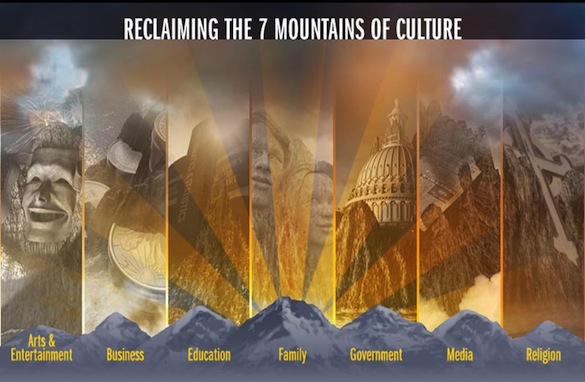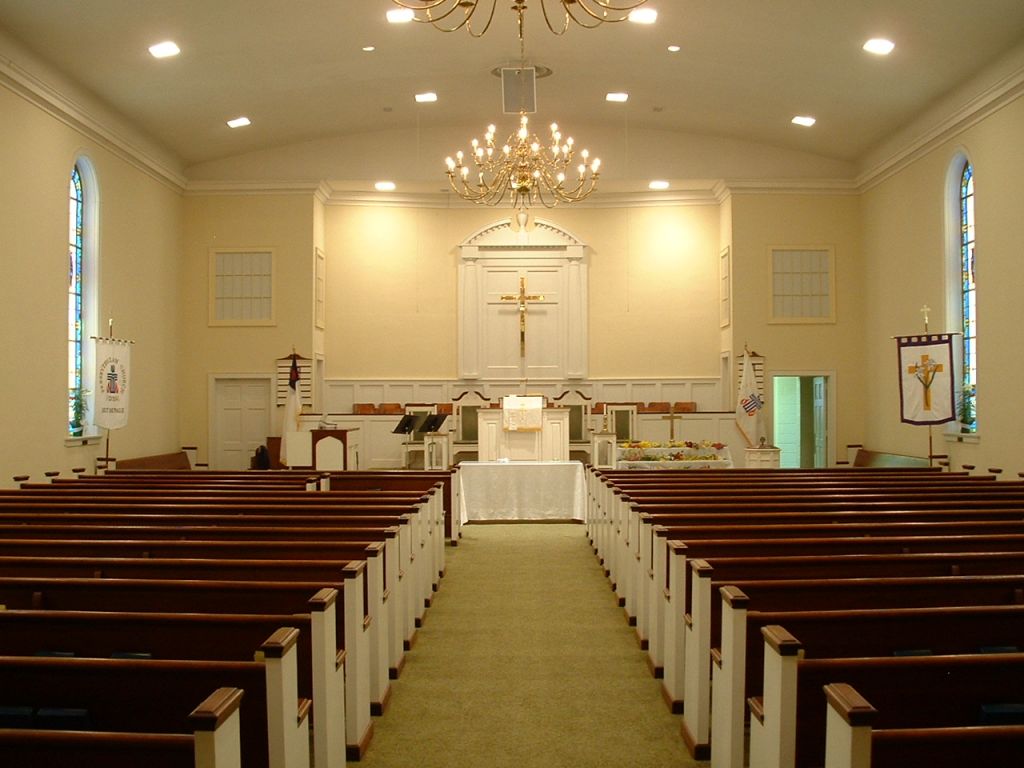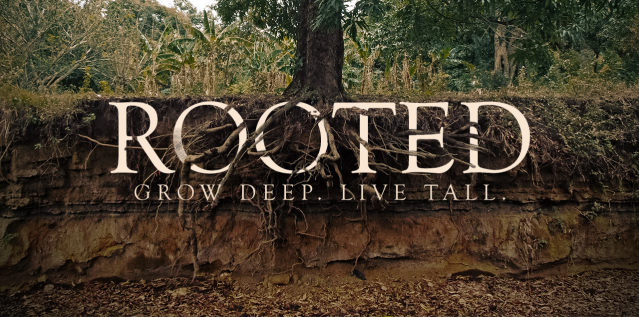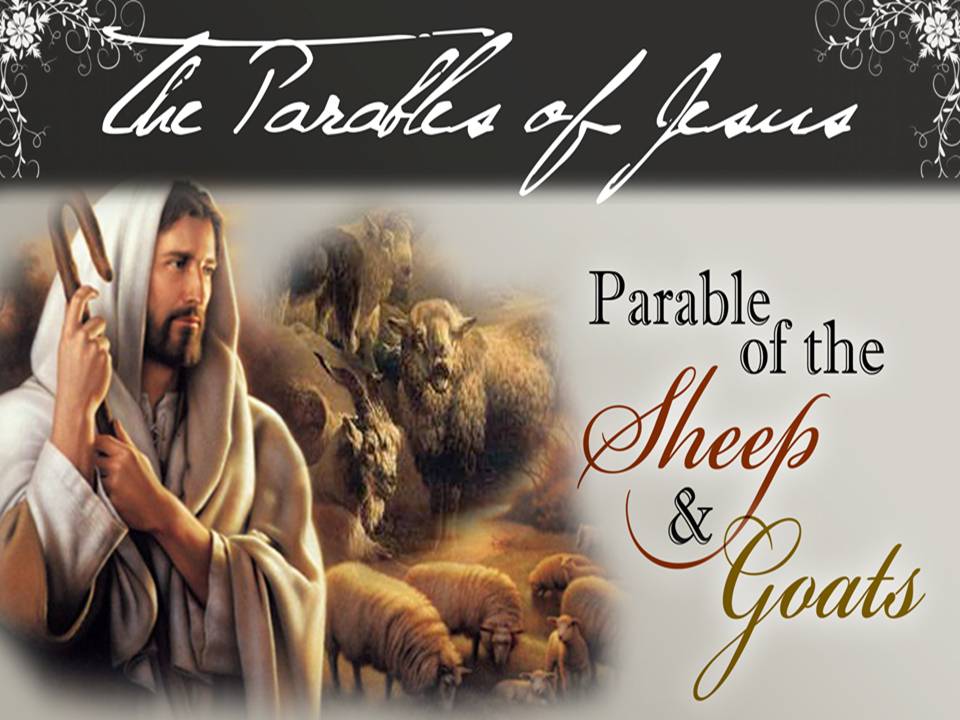
Recently, I had a conversation with a church friend, and the topic cropped up about denominational differences and why some Christians are ‘not real Christians’, and it made me think. In these last days, there is a great need for Christian brethren to stand united, not merely as individual churches/denominations but as The Church, and many of us are not aware of this importance. The Bible warns us numerous times about divisions within the Body of Christ. Furthermore, it warns us that the spirit of division will intensify as the Day draws near.
2 Timothy 3:1-5 tells us that in the Last Days, the world will be full of people who are lovers of themselves, boastful and proud, abusive, unfilial, without love, unforgiving, slanderous, without self-control, brutal, treacherous, etc…, all of which are strong statements against Godlessness but also against the spirit of division. The whole latter part of Ephesians exhorts us to be united in the Body.
Be On Your Guard: The Devil Prowls Like a Lion
Why is it so important that we stand united, not just as individual churches, but as the collective Body of Christ? We can probably find a hint to the answer in Scripture itself. There is an interesting analogy in 1 Peter 5:8. It describes the devil as a prowling lion looking for its prey and warns Christians to always be on guard. Have you ever seen how a lion hunts its prey? Lions don’t work alone, they are coordinated. They don’t aim for the strongest members of a herd but the stragglers and the infirm or vulnerable in age, separating them from the main herd.

The other thing to note about lions is that they always target the stragglers and the vulnerable. It can be disheartening to find church leaders arguing over trivial stuff like hair (‘Can a Christian dye their hair?’, ‘Is it ok for Christian men to keep long hair?’); entertainment like music (‘Can a Christian listen to Christian Rock?’) and books (‘Can a Christian read fantasy, science fiction, or secular books for that matter?’) as well as doctrinal differences (‘Can women be ordained as pastors?’, ‘Are Catholics real Christians?’ and vice versa). There are times when we are too defensive and focused on the minutiae. Stragglers are often the ones who focus so much on the grass that it is oblivious to their surroundings.
Meanwhile, young believers who find the churches increasingly irrelevant and petty are drifting away in huge numbers. In a session I attended once by Bill Wilson, the president and founder of Metro Ministries International, he said that there is something wrong with the Church if young people are drifting away to secular rock bands because they’re doing a better job at articulating the concerns of these youngsters. Every young believer drifting away from the Church is a strike one for the devil and against God.
We can sometimes be so good at taking care of a leaf that we forget about the larger picture; that there are other leaves in the tree. Sometimes a leaf that may look good may be from a tree that is dying, and sometimes a leaf that is dying may be from natural causes from a tree that is otherwise healthy. Sometimes aspects that from appearance do not look good may have hidden values, while others that look good may lead to deceit. There are certain creeds that all Christians should know, believe, and hold, and those are non-negotiable. Besides those creeds, in the larger scheme of things, many other aspects fade into the background, especially when confronted with the bigger questions of our life and faith.

It is time we lift our heads and look at the world through a Godly perspective and with a mindset for eternity. It is also time we learn to look at issues through the spirit of God’s guidance and teachings instead of through a legalistic but myopic worldview. Whether we see the hands of God in everything, there is an Incarnational Tradition within Christianity that does, and there is much merit in it.
The Incarnational Tradition and the Reality of Spiritual Battles

Richard Foster says in his book, ‘Streams of Living Water’, that there are as many as seven strengths of the Incarnational Tradition. It underscores the fact that God is truly among us in the warp and woof of our very earthly existence; it roots us in everyday life; it gives meaning to our work; it is a valuable corrective to Gnosticism; it constantly beckons us Godward; it makes our body a portable sanctuary through which we are daily experiencing the presence of God; and it deepens our ecological sensitivities.
There is much to learn from the Incarnational Tradition about why God employed Peter to articulate what he did in 1 Peter 5:8. The fable goes that the devil once assigned one demon each to harass one person in the world. Not being omnipresent like God, however, the devil soon tired of this, and then he hit upon an idea; influence the systems of the world and with one blow assault a multitude of people. This may be a fable, but it describes very much the spiritual battle Christians face today. Like lions, the spiritual forces of darkness hunt best by first causing chaos and division, and they always aim to separate vulnerable members of a herd. There are as many as seven domains in the battle for Godly values, each of which is crucial (Arts, Business, Education, Family, Government, Media, Religion), and we cannot afford to fight it alone. But further than that, we are meant to be the salt and light and an influence and impact for God’s kingdom in these domains.
The thing to note in Foster’s book is that the Incarnational Tradition is just one of many Christian Traditions. In total, he mentions six (Contemplative, Holiness, Charismatic, Social Justice, Evangelical, and Incarnational), and they’re all equally valuable to the Body of Christ. Imagine if every church, no matter which of these Traditions they identify closest to, learned to work together as one under the overarching directorship of Christ.
What the Church Is Called For

Firstly, while the word ‘church’ in the singular expression means simply a building where the faithful gather every Sunday to worship God, it also has a more encompassing term, ‘the ekklesia‘, that means the Body of Christ i.e. all followers of Christ. The pandemic has taken a toll on many churches. Although we can worship God at home, we must still come together as a church. During the apostles’ time, the people also had to be reminded to continue meeting together and to encourage one another.
The apostle Paul says that the Holy Spirit dwells in us not just individually, but also corporately (1 Corinthians 12: 13-14). We miss the corporate blessing if we are not present together. In this verse, Paul is not referring to the individual ‘me’ but is instead referring to the corporate body. To me, it means every believer who is Christ-centered rather than Law- or Creed-centered.
We are many but one in the Body of Christ. We must learn to build bridges and learn to come together. The Catholics may have lessons to learn from the way Charismatic Protestants free themselves up in their relationship with God and for worship. The Protestants may have lessons to learn from the Catholics about the Contemplative Life and Social Justice as seen in the testimonies of people like Mother Teresa and Oscar Romero. We can transcend our denominational differences. We can, and should, be united, sharing and learning from one another.
1 Corinthians 12:13-14
For we were all baptised by one Spirit so as to form one body (singular) —whether Jews or Gentiles, slave or free—and we were all given the one Spirit to drink. Even so, the body is not made up of one part but of many.
United Together: Build Deep, Build Strong, Build Wide

As followers of Christ, we need to build deep, build strong, and build wide. Building Deep means we don’t take our faith for granted and that we dig deep into our relationships with God and other people. We need to increase the level of our devotional life and our daily walk with Him. It also means that we bear the weaknesses of each other, and build each other up. Genuine relationships of real strength take time and effort to build.
Building Strong means that we become intentional in our discipling. We need to cultivate a culture of accountability while equipping spiritual children to grow into their own ministries, even while we continue our own servanthood to the Lord. Every follower of Christ must have a foundation strong enough to withstand the pressures of the world.
Building Wide means that our relationships must have an influence to transform communities and change people’s lives. Bless others with acts of kindness, share the Good News of Christ’s love when God brings opportunities, and pray and intercede for others, including for peace and harmony in the country.
We need to recognize that our real enemy is not made of flesh and blood. Ephesians 6:12 says that our battle is not in the physical realm, it is in the spiritual one, and that it is not against bodily foes but against the principalities and the ruler of the air. But in 1 Chronicles 29:11-12, God also assures us that He is in control of everything. In His hands are might and power, and both riches and honor as well as strength come through Him. We need to be united not merely as individual churches, but rather, as The Church, dedicated to God and Christ.

Ephesians 6:12:
For our wrestling is not against flesh and blood, but against the principalities, against the powers, against the world-rulers of this darkness, against the spiritual hosts of wickedness in the heavenly places.
1 Chronicles 29:11-12 ESV
Yours, O Lord, is the greatness and the power and the glory and the victory and the majesty, for all that is in the heavens and in the earth is yours. Yours is the kingdom, O Lord, and you are exalted as head above all. Both riches and honor come from you, and you rule over all. In your hand are power and might, and in your hand it is to make great and to give strength to all.
|Share The Good News|




Leave a Reply